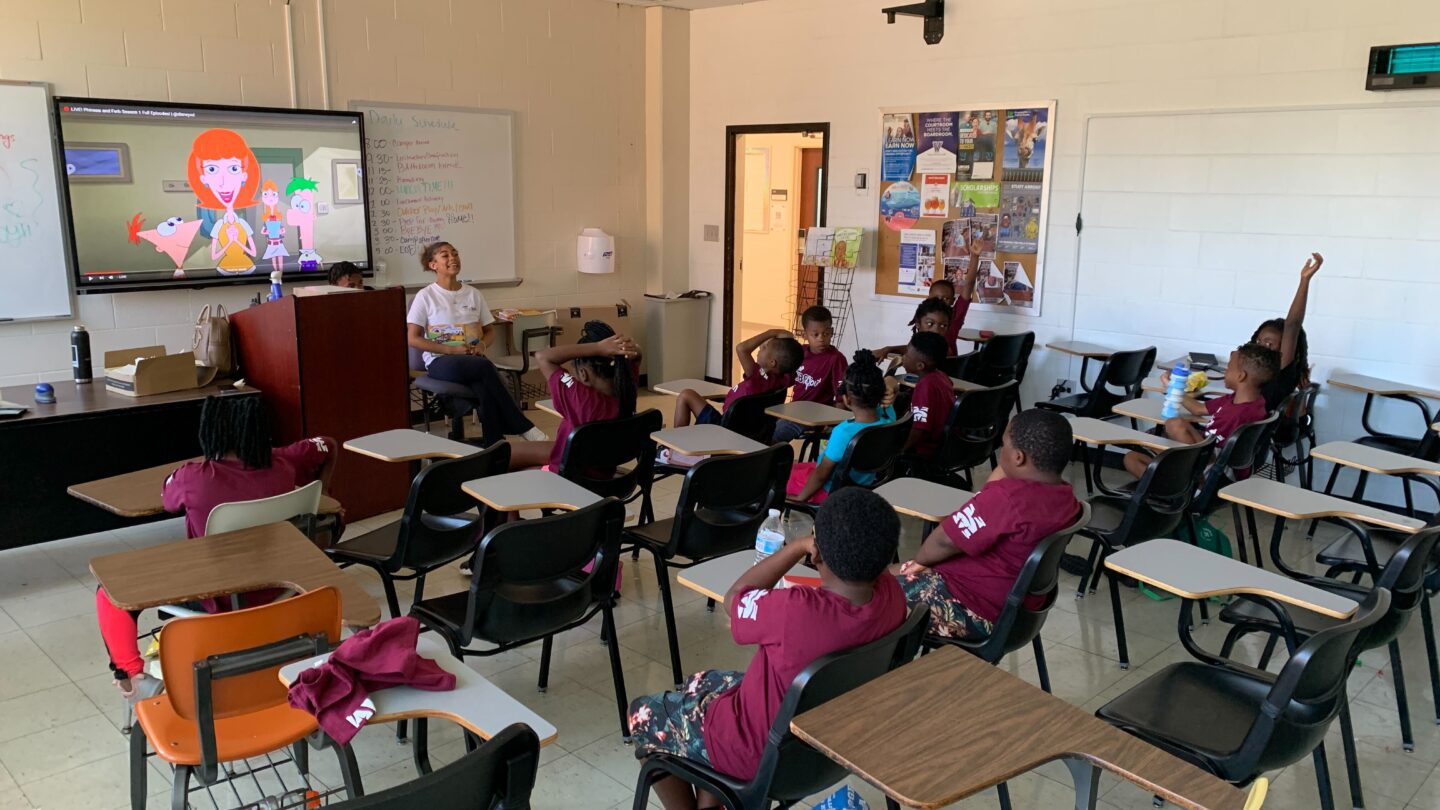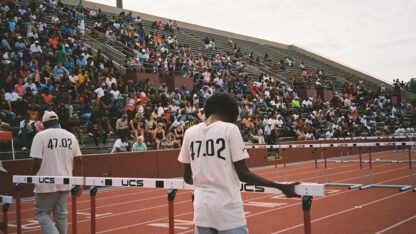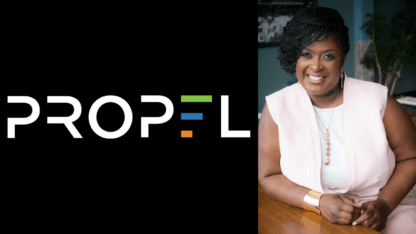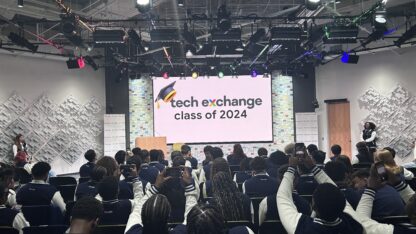Derrick Skinner’s face lights up as his daughter rounds the corner for early pickup.
He says that normally his daughter runs to him, excited to be going home. But today is a little different.
Despite the joy of seeing her father, she would much rather stay put with her friends at Camp HBCYouth, a summer camp at Morehouse College that connects Black youth to the values and cultural heritage of Historically Black Colleges and Universities (HBCU) at an early age.
“To be able to have my daughter look up to people that look like her and really gain some type of knowledge and experience from that is super important … it’s amazing,” said Skinner.
“With schools being out, I knew there’s a massive need for children to have a safe and happy place to be during their summer months, but [also] somewhere they can also learn,” added Reagan Fresnel, the founder of the K-5 day camp.
A graduate of Spelman College, Fresnel says that exposure to the principles of HBCUs is key. The camp currently hosts sessions at both Morehouse College and Tennessee State University, with more historically Black institutions planned to join next year.
In one of the classrooms located at the Morehouse location, 3rd and 4th grade campers are learning about resilience.
The children actively engage in the lesson and with each other as Belton Mickle, the camp’s director of professional learning and curriculum, proudly looks on.
“We want them to be able to explore [and] build their social and emotional skills while working with their teammates,” he said. “It’s all about expanding children’s minds … and also allowing them a place where they can feel safe and express themselves.”
Campers and staff this year have already practiced a lesson in resilience — with the start date pushed back because of Atlanta’s recent water disruptions.
Despite this, the campers here still have a long summer ahead of them, with Camp HBC-Youth running until early August.
“We’re already planting the seeds of higher education and HBCUs,” said Fresnel. “And hopefully [students will] even envision themselves on that campus.”









